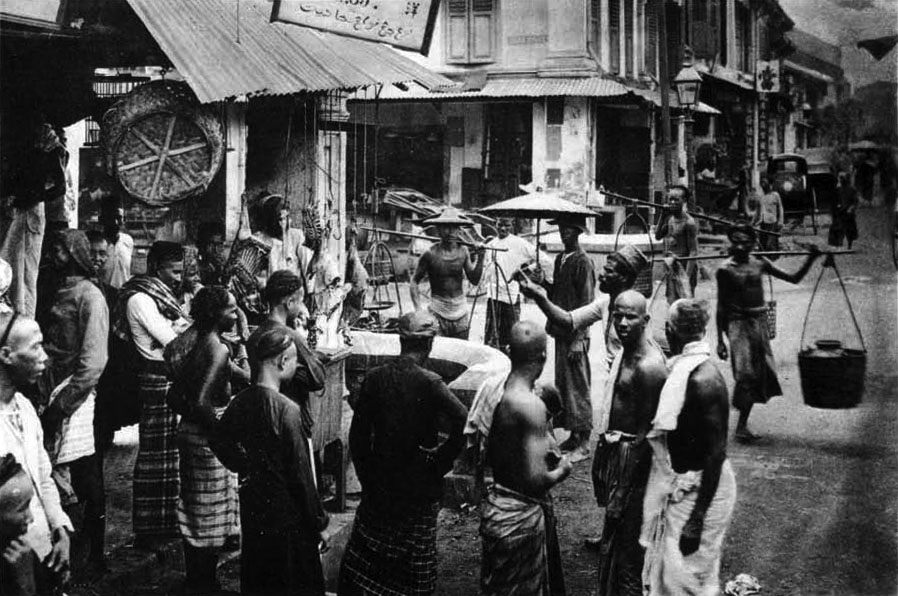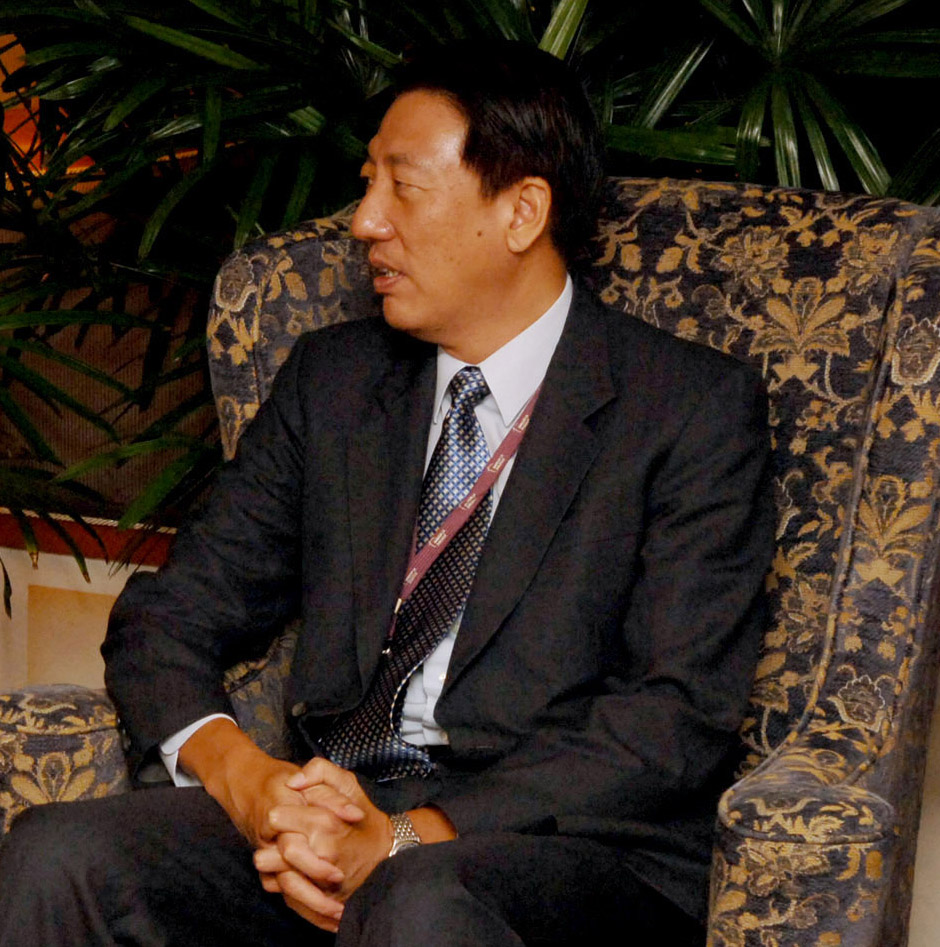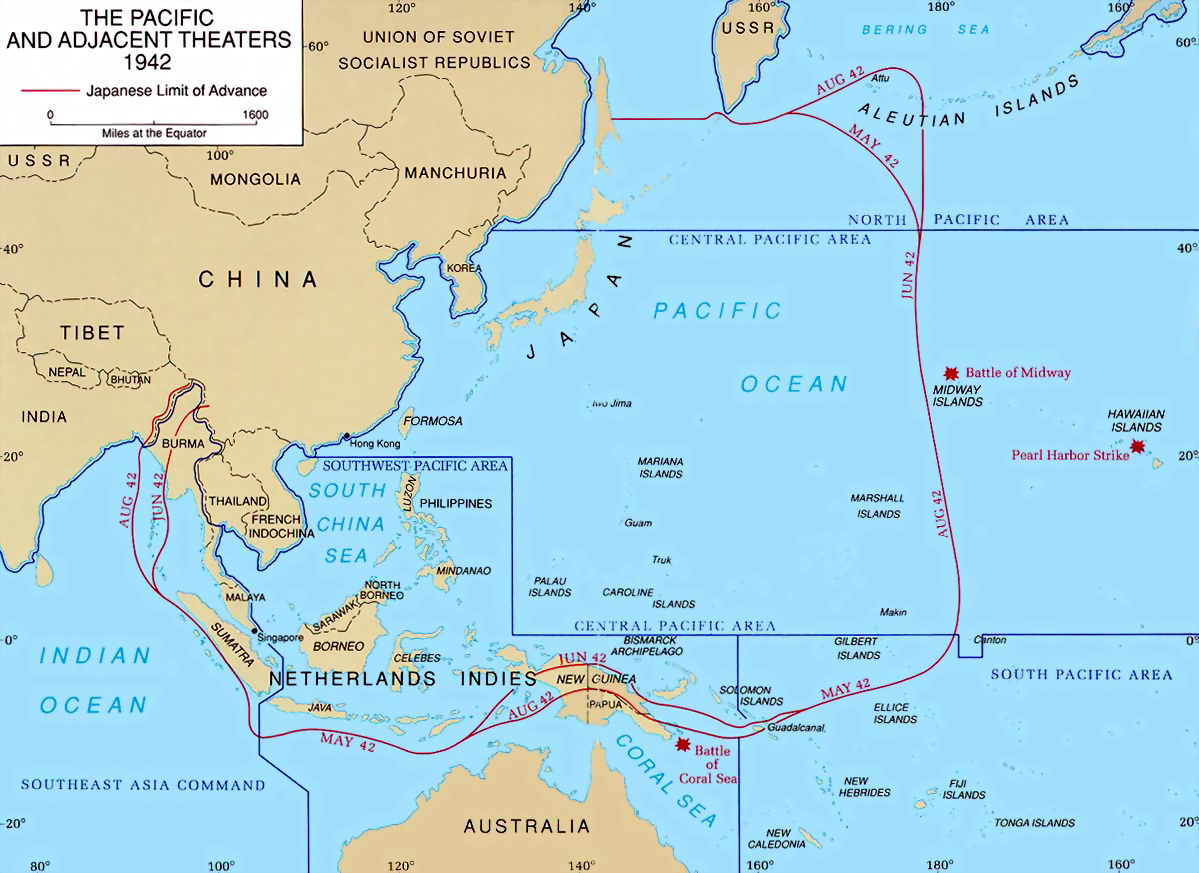|
Poh Soo Kai
Poh Soo Kai (; born 1930) was a Singaporean medical doctor, politician, political prisoner. He was a founding member of the University Socialist Club and the People's Action Party (PAP). Biography Poh was born in Singapore in 1930. He is the maternal grandson of prominent businessman Tan Kah Kee. His family fled Singapore before the Japanese invasion and landed in Mumbai, he studied at a Catholic mission school for four years. Poh and his family returned to Singapore after the Japanese surrender in 1945, continued his studies at Raffles Institution and entered the University of Malaya in 1950. He was a founding member of the Socialist Club in 1953 and became its second President from August that year till the following year. Poh was one of the eight members of the Fajar editorial board charged with sedition in 1954. He graduated three years later with a degree in Medicine. Poh became acquainted with Lee Kuan Yew, who was the honorary legal advisor to Fajar, during his time in ... [...More Info...] [...Related Items...] OR: [Wikipedia] [Google] [Baidu] |
Fu (surname)
傅 (Mandarin: ; Hokkien: Poh) is an ancient Han Chinese surname of imperial origin which is at least 4,000 years old. The great-great-great-grandson of the Yellow Emperor, Dayou, bestowed this surname to his son Fu Yi and his descendants. Dayou is the eldest son of Danzhu and grandson of Emperor Yao. It is the 84th name on the ''Hundred Family Surnames'' poem.K. S. Tom. 989(1989). Echoes from Old China: Life, Legends and Lore of the Middle Kingdom. University of Hawaii Press. . It is also a sinicized surname for several clans of Manchurian nobility. During the Qing Dynasty, there was an ongoing process of sinicization of surnames, and many Manchurian clans such as the Fu, '' Fuca/Fucha, Fugiya, Fuciri, Fulkuru, Fujuri and Fulha adopted 傅 or 富 as their Han surname. It can also be 符, 苻, 付, 扶, 伏, and 富. Notable people (in chronological order) * Fu Yue (傅說) (1324–1265 BC) – A Shang Dynasty premier during the reign of Emperor Wu Ding. * Fu Kuan (傅寬 ... [...More Info...] [...Related Items...] OR: [Wikipedia] [Google] [Baidu] |
Sedition Act (Singapore)
The Sedition Act 1948 was a Singaporean statute law which prohibited seditious acts and speech; and the printing, publication, sale, distribution, reproduction and importation of seditious publications. The essential ingredient of any offence under the Act was the finding of a "seditious tendency", and the intention of the offender is irrelevant. The Act also listed several examples of what is not a seditious tendency, and provides defences for accused persons in a limited number of situations. A notable feature of the Sedition Act was that in addition to punishing actions that tend to undermine the administration of government, the Act also criminalized actions which promoted feelings of ill-will or hostility between different races or classes of the population. In contrast to arrests and prosecutions in the 1950s and 1960s which involved allegations of fomenting disaffection against the government, those in the 21st century such as the District Court cases of ''Public Prosecutor ... [...More Info...] [...Related Items...] OR: [Wikipedia] [Google] [Baidu] |
Living People
Related categories * :Year of birth missing (living people) / :Year of birth unknown * :Date of birth missing (living people) / :Date of birth unknown * :Place of birth missing (living people) / :Place of birth unknown * :Year of death missing / :Year of death unknown * :Date of death missing / :Date of death unknown * :Place of death missing / :Place of death unknown * :Missing middle or first names See also * :Dead people * :Template:L, which generates this category or death years, and birth year and sort keys. : {{DEFAULTSORT:Living people 21st-century people People by status ... [...More Info...] [...Related Items...] OR: [Wikipedia] [Google] [Baidu] |
Singaporean Prisoners And Detainees
Singaporeans, or the Singaporean people, refers to citizens or people who identify with the sovereign island city-state of Singapore. Singapore is a multi-ethnic, multi-cultural and multi-lingual country. Singaporeans of Chinese, Malay, Indian and Eurasian descent have made up the vast majority of the population since the 19th century. The Singaporean diaspora is also far-reaching worldwide. In 1819, the port of Singapore was established by Sir Stamford Raffles, who opened it to free trade and free immigration on the island's south coast. Many immigrants from the region settled in Singapore. By 1827, the population of the island was composed of people from various ethnic groups. Singapore is a multilingual and multicultural society home to people of groups of many different ethnic, religious and national origins, with the majority of the population made up of Chinese, Malay, Indian and Eurasian descent. The Singaporean identity was fostered as a way for the different ethnic ... [...More Info...] [...Related Items...] OR: [Wikipedia] [Google] [Baidu] |
Prisoners And Detainees Of Singapore
A prisoner (also known as an inmate or detainee) is a person who is deprived of liberty against their will. This can be by confinement, captivity, or forcible restraint. The term applies particularly to serving a prison sentence in a prison. English law "Prisoner" is a legal term for a person who is imprisoned. In section 1 of the Prison Security Act 1992, the word "prisoner" means any person for the time being in a prison as a result of any requirement imposed by a court or otherwise that he be detained in legal custody. "Prisoner" was a legal term for a person prosecuted for felony. It was not applicable to a person prosecuted for misdemeanour. The abolition of the distinction between felony and misdemeanour by section 1 of the Criminal Law Act 1967 has rendered this distinction obsolete. Glanville Williams described as "invidious" the practice of using the term "prisoner" in reference to a person who had not been convicted. History The earliest evidence of the exi ... [...More Info...] [...Related Items...] OR: [Wikipedia] [Google] [Baidu] |
People's Action Party Politicians
People's, branded as ''People's Viennaline'' until May 2018, and legally ''Altenrhein Luftfahrt GmbH'', is an Austrian airline headquartered in Vienna. It operates scheduled and charter passenger flights mainly from its base at St. Gallen-Altenrhein Airport in Switzerland. History Founded as People's Viennaline in 2010, the first revenue flight of the company took place on 27 March 2011. For several years, People's only operated a single scheduled route between its homebase and Vienna. However, the route network has since been expanded with some seasonal and charter services. In November 2016, People's inaugurated the world's shortest international jet route (and, after St. Maarten-Anguilla, second shortest international route overall). The flight from St. Gallen-Altenrhein Airport, Switzerland, to Friedrichshafen Airport, Germany, took only eight minutes of flight over Lake Constance and could have been booked individually. The airline faced severe criticism for this servic ... [...More Info...] [...Related Items...] OR: [Wikipedia] [Google] [Baidu] |
Singaporean People Of Hokkien Descent
Singaporeans, or the Singaporean people, refers to citizens or people who identify with the sovereign island city-state of Singapore. Singapore is a multi-ethnic, multi-cultural and multi-lingual country. Singaporeans of Chinese, Malay, Indian and Eurasian descent have made up the vast majority of the population since the 19th century. The Singaporean diaspora is also far-reaching worldwide. In 1819, the port of Singapore was established by Sir Stamford Raffles, who opened it to free trade and free immigration on the island's south coast. Many immigrants from the region settled in Singapore. By 1827, the population of the island was composed of people from various ethnic groups. Singapore is a multilingual and multicultural society home to people of groups of many different ethnic, religious and national origins, with the majority of the population made up of Chinese, Malay, Indian and Eurasian descent. The Singaporean identity was fostered as a way for the different e ... [...More Info...] [...Related Items...] OR: [Wikipedia] [Google] [Baidu] |
1930 Births
Year 193 ( CXCIII) was a common year starting on Monday (link will display the full calendar) of the Julian calendar. At the time, it was known as the Year of the Consulship of Sosius and Ericius (or, less frequently, year 946 ''Ab urbe condita''). The denomination 193 for this year has been used since the early medieval period, when the Anno Domini calendar era became the prevalent method in Europe for naming years. Events By place Roman Empire * January 1 – Year of the Five Emperors: The Roman Senate chooses Publius Helvius Pertinax, against his will, to succeed the late Commodus as Emperor. Pertinax is forced to reorganize the handling of finances, which were wrecked under Commodus, to reestablish discipline in the Roman army, and to suspend the food programs established by Trajan, provoking the ire of the Praetorian Guard. * March 28 – Pertinax is assassinated by members of the Praetorian Guard, who storm the imperial palace. The Empire is a ... [...More Info...] [...Related Items...] OR: [Wikipedia] [Google] [Baidu] |
Internal Security Act (Singapore)
The Internal Security Act 1960 (ISA) of Singapore is a statute that grants the executive power to enforce preventive detention, prevent subversion, suppress organized violence against persons and property, and do other things incidental to the internal security of Singapore. The present Act was originally enacted by the Parliament of Malaysia as the Internal Security Act 1960 (No. 18 of 1960), and extended to Singapore on 16 September 1963 when Singapore was a state of the Federation of Malaysia. Before a person can be detained under the ISA by the Minister for Home Affairs, the President must be satisfied that such detention is necessary for the purposes of national security or public order. In the landmark case of '' Chng Suan Tze v. Minister for Home Affairs'' (1988), the Court of Appeal sought to impose legal limits on the power of preventive detention by requiring the Government to adduce objective facts which justified the President's satisfaction. Two months after ... [...More Info...] [...Related Items...] OR: [Wikipedia] [Google] [Baidu] |
Barisan Sosialis
Barisan Sosialis ( eng, Socialist Front) was a political party in Singapore. It was formed on 29 July 1961 and officially registered on 13 August 1961 by left-wing members of the People's Action Party (PAP) who had been expelled from the PAP. The prominent founding members of the Barisan were Lee Siew Choh and Lim Chin Siong. It became the biggest opposition party in Singapore in the 1960s and the 1980s. The main objectives of the Barisan included eradicating colonialism, establishing a united independent and democratic Malayan nation comprising the Federation of Malaya and Singapore and introducing an economic system to promote prosperity and stability in society. The party was merged into the Worker's Party in 1988. Background Since its formation, the PAP was divided into the Lee Kuan Yew camp and the left-wing camp led by Lim Chin Siong. The common ground of anti-colonialism and independence of Singapore was the basis for the co-operation between the two camps. Differenc ... [...More Info...] [...Related Items...] OR: [Wikipedia] [Google] [Baidu] |
Lee Kuan Yew
Lee Kuan Yew (16 September 1923 – 23 March 2015), born Harry Lee Kuan Yew, often referred to by his initials LKY, was a Singaporean lawyer and statesman who served as Prime Minister of Singapore between 1959 and 1990, and Secretary-General of the People's Action Party between 1954 and 1992. He was the Member of Parliament (MP) for Tanjong Pagar from 1955 until his death in 2015. Lee is widely recognised as the nation's founding father. Lee was born in Singapore during British colonial rule. After graduating from Raffles Institution, he won a scholarship to Raffles College (now the National University of Singapore). During the Japanese occupation, Lee escaped being the victim of a purge, subsequently starting his own businesses while working as an administration service officer for the Japanese propaganda office. After World War II ended, Lee briefly attended the London School of Economics before transferring to Fitzwilliam College, Cambridge to study law, graduating in 1947 ... [...More Info...] [...Related Items...] OR: [Wikipedia] [Google] [Baidu] |
Battle Of Singapore
The Fall of Singapore, also known as the Battle of Singapore,; ta, சிங்கப்பூரின் வீழ்ச்சி; ja, シンガポールの戦い took place in the South–East Asian theatre of the Pacific War. The Empire of Japan captured the British stronghold of Singapore, with fighting lasting from 8 to 15 February 1942. Singapore was the foremost British military base and economic port in South–East Asia and had been of great importance to British interwar defence strategy. The capture of Singapore resulted in the largest British surrender in its history. Prior to the battle, Japanese General Tomoyuki Yamashita had advanced with about 30,000 men down the Malayan Peninsula in the Malayan campaign. The British erroneously considered the jungle terrain impassable, leading to a swift Japanese advance as Allied defences were quickly outflanked. The British Lieutenant-General, Arthur Percival, commanded 85,000 Allied troops at Singapore, although many ... [...More Info...] [...Related Items...] OR: [Wikipedia] [Google] [Baidu] |






